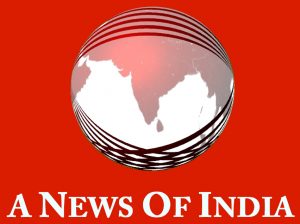@ Amit Poswal | Sr Journalist
New Delhi: Finance Minister Nirmala Sitharaman, presented Budget 2019 in Parliament on Friday. She said India would become a $3 trillion economy this year. The budget aims to boost public-private partnership (PPP) for Railways, increase FDI in media and aviation, issue Aadhaar cards to NRIs on arrival in India without a waiting period of 180 days apart from schemes to provide power, water, and clean cooking facilities for all.
Presenting the maiden budget of Modi 2.0 government, Sitharaman proposed measures to ease liquidity crisis facing shadow banking sector (NBFCs) and providing Rs 70,000 crore capital to public sector banks while seeking to raise additional resources through privatization of some PSUs. Nirmala Sitharaman also proposed to extend the 25 percent corporate tax rate to all companies with a turnover of up to Rs 400 crore, from Rs 250 crore at present.
The Finance Minister also hiked tax on petrol and diesel, raised import duty on gold and pushed the super-rich to contribute more towards, as she put it, “national development”. She proposed to enhance surcharge on individuals having a taxable income of Rs 2 crore to Rs 5 crore and Rs 5 crore and above “so that effective tax rates for these two categories will increase by around 3 % and 7 % respectively”. The tax slabs for the middle class remained unchanged.
Nirmala announced a TDS (tax deducted at source) of 2 percent on cash withdrawal of more than Rs 1 crore from a bank account in a bid to curb the money transactions by companies. While presenting her maiden Union Budget for the financial year 2019-20, Sitharaman did not announce any changes in the income tax slabs, she did increase the surcharge on those earning between Rs 2 crore and Rs 5 crore and above to of 3 percent and 7 percent, respectively.
The Finance Minister also proposed giving foreign investors a bigger role in the country’s giant insurance and aviation sectors to help reverse weakening growth and investment. Among the key announcements was the proposal to make PAN and Aadhaar interchangeable for the purpose of filing income tax returns.

















